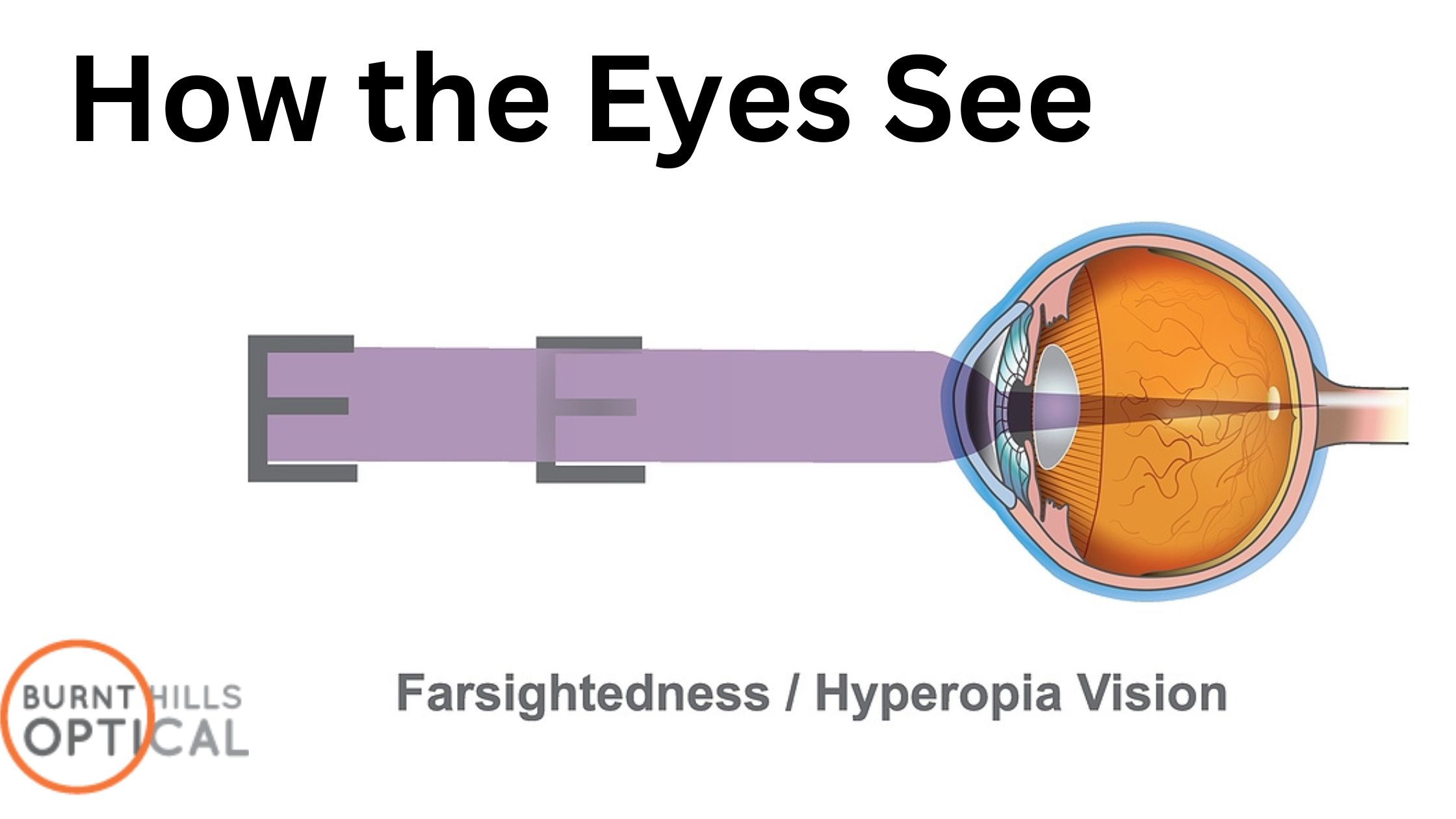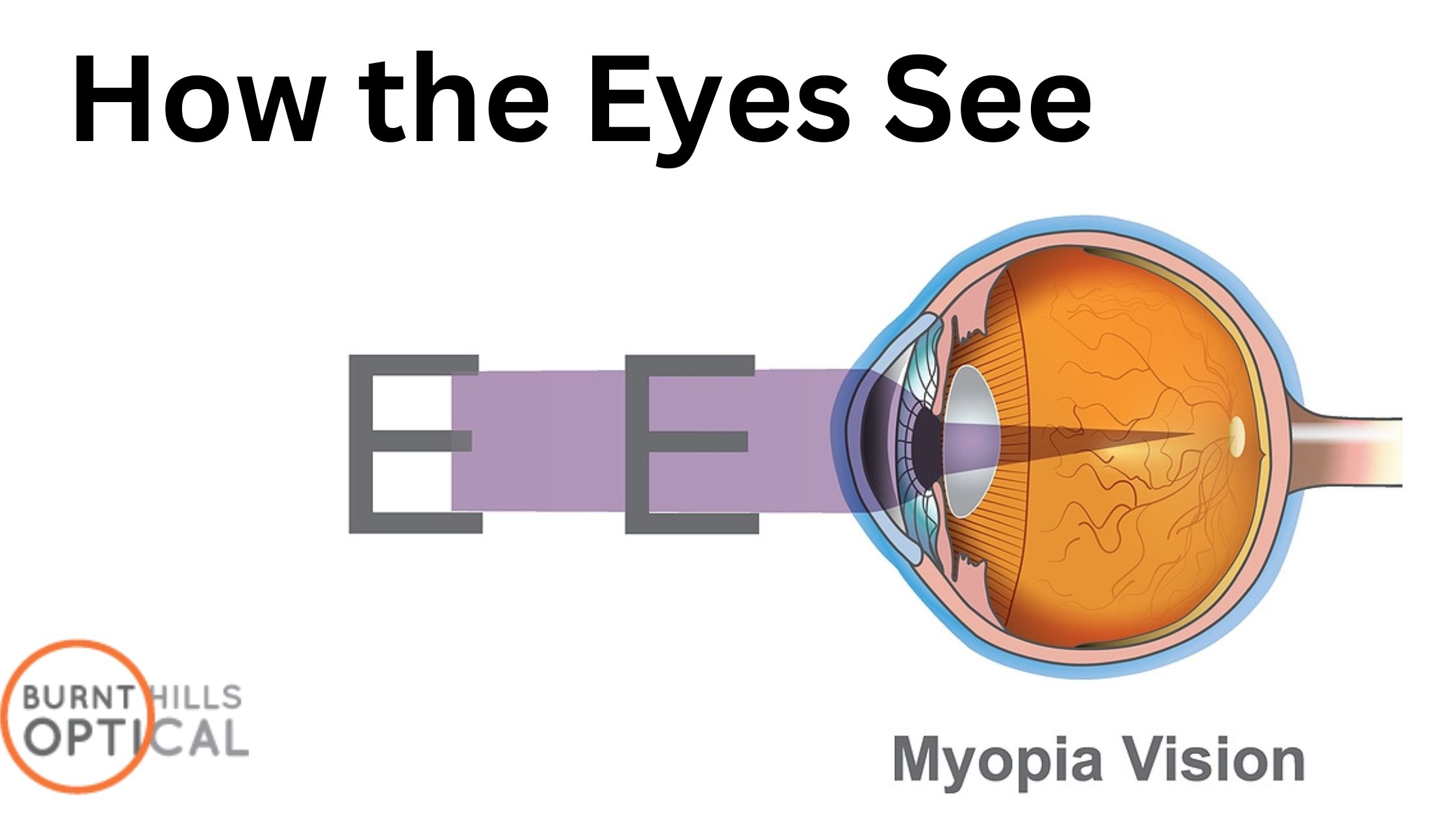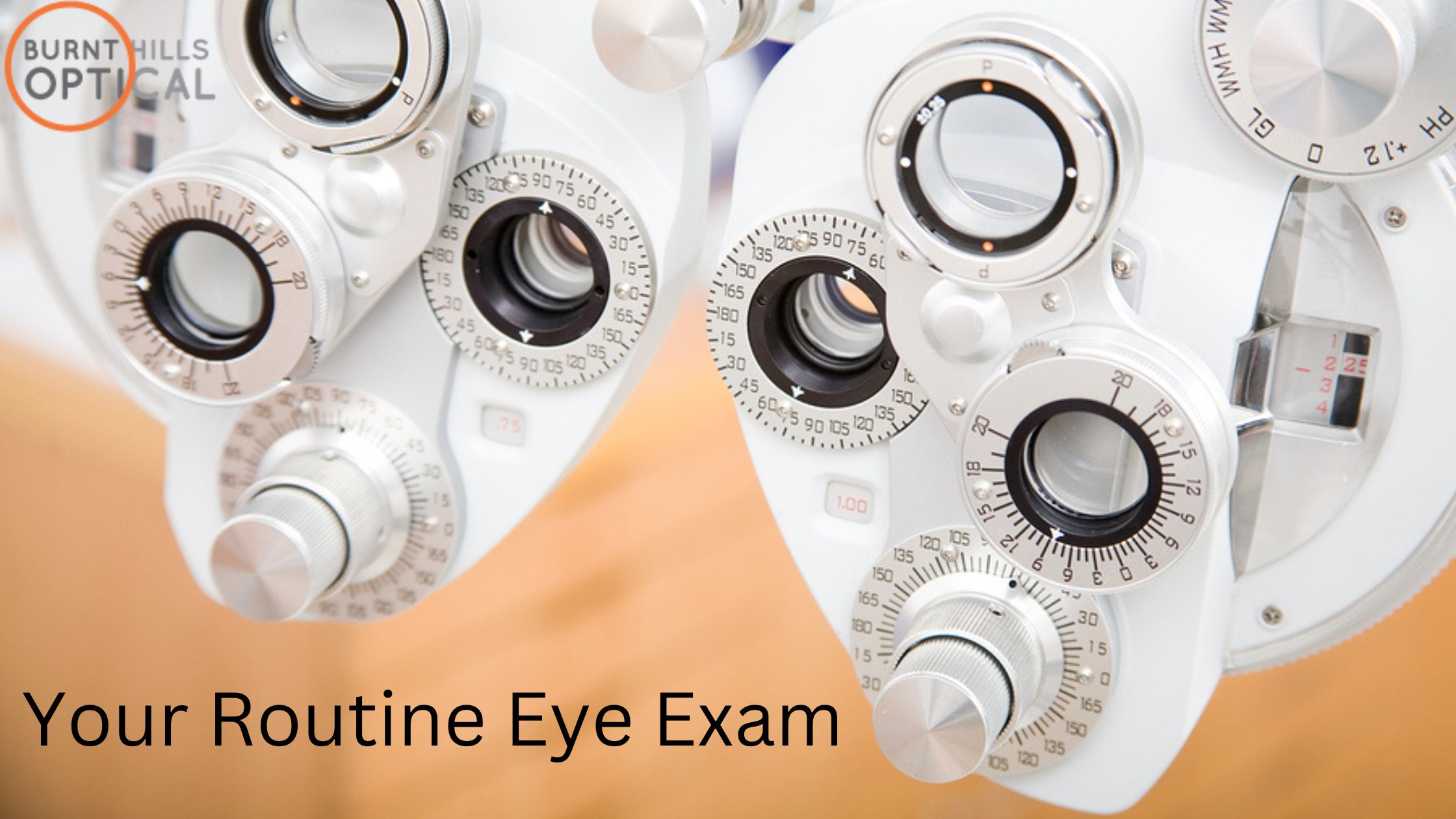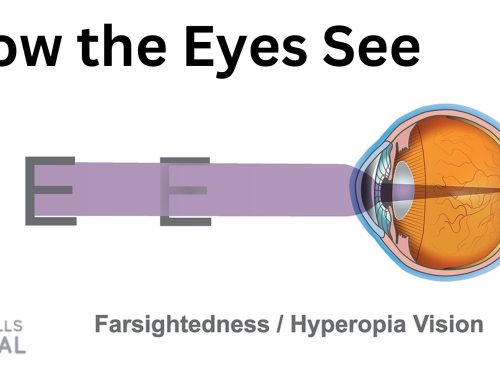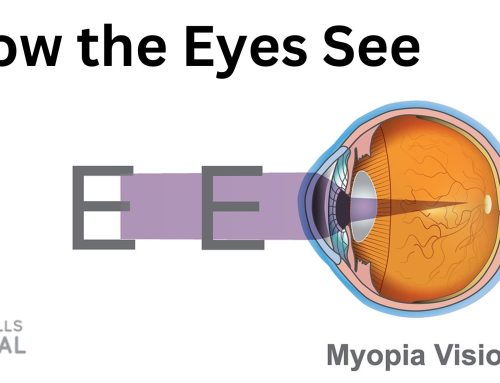It’s a fact of life that vision changes occur as you get older. But these changes don’t have to compromise your lifestyle. Knowing what to expect and when to seek professional care are important steps to safeguarding your vision.
As you reach your 60s and beyond, you should be attentive to warning signs of age-related eye health problems that could cause vision loss. Many eye diseases have no early symptoms and may develop painlessly so you may not be aware of changes to your vision until the condition is quite advanced. You may not realize that health problems affecting other parts of your body can affect your vision as well. Individuals with diabetes or hypertension (high blood pressure), or taking medications that have eye-related side effects, are at greatest risk for developing vision problems. Therefore, regular eye exams are even more important as you reach your senior years. The American Optometric Association recommends annual eye examinations for everyone over age 60. In the years after you turn 60, a number of eye diseases may develop that can change your vision permanently. The earlier these problems are detected and treated, the more likely you can retain good vision. Age-related macular degeneration (AMD), cataracts, glaucoma, diabetic retinopathy and dry eye are some vision disorders of which you should be aware.
Vision changes and eye diseases can compromise driving ability, even before you are aware of symptoms. You may be noticing difficulty judging distances and speed. Bright sunlight or the headlights of oncoming traffic at night may impair your vision.
Taking care of your eyes and your health is a first step to preventing vision loss from common eye problems. A healthy diet and wise lifestyle choices, such as not smoking, are your best natural defenses against vision loss at any age. Be sure to discuss with your eye doctor all concerns you have about your eyes and vision. Tell him or her about any history of eye problems in your family, as well as any other health problems you may have. Your eye doctor should know what medications you take (including non-prescription vitamins, herbs and supplements). This will help with appropriate recommendations to keep your eyes healthy and functioning at their optimum level throughout your lifetime.
If you have any questions about this article or any other eye care issues, you can always ask us on our Facebook page. We promise a prompt response and would be happy to help ensure the health and well-being of your vision


